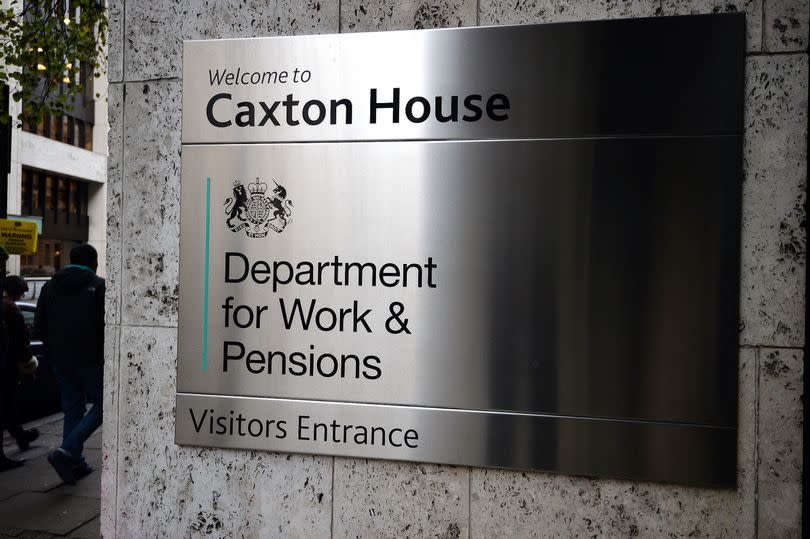DWP PIP crackdown could see 'proof letter' and payments changes

A significant revamp of the Department for Work and Pensions' Personal Independence Payments (PIP) is on the cards, as the government claims the current system is putting a strain on public finances.
Over the past 11 years, the benefit has distributed millions of pounds to disabled and ill individuals across the UK. However, a 'green paper', a comprehensive consultation document highlighting issues with the existing DWP benefits system, has now been released by the government.
The document points out a substantial increase in the number of people claiming benefits due to mental health reasons. It reveals that PIP expenditure is projected to rise by 63 per cent to £35 billion over the next five years, partly because nearly a quarter of the population will be "reporting a disability" by 2024.
Read more: Met Office on Yorkshire heatwave after thunderstorms cause chaos
The government has proposed a number of drastic changes as part of a crackdown, ranging from scrapping cash payments to obliging disabled claimants to purchase items from an "approved list". Another proposal is to require a doctor's note or proof of a condition from the NHS reports Bristol Live.
End to Cash PIP payments
Cash payments are £184 for PIP claimants who can access the full support, which amounts to £9,580 a year. The government could end cash payments and instead issuing vouchers, the Express reports.
The government said: "Moving away from a fixed cash benefit system so people can receive more tailored support in line with their needs. In the United Kingdom, we have had a predominantly cash transfer system for extra costs since the introduction of Attendance Allowance and Mobility Allowance in the 1970s."
"Given there are other models of support used internationally, and the changes in disability benefit caseloads over time, we think it is right to ask about other models of support and the impact of these approaches, including stopping regular cash payments, if they were to be adopted here."
Cash replacements put forward
It also notes that cash can be perceived as "compensation for being disabled", as the government says: ""We also know that some disabled people view their PIP award as compensation for being disabled rather than as an award for extra costs".
Among the proposed alternatives is a catalogue scheme with an "approved list" at "no or reduced cost" as well as a voucher scheme. This could go towards equipment, aids and services. A receipt scheme would also require claimants to purchase equipment or services themselves and then provide a receipt to claim back some of the money.
PIP eligibility
The government says it could "redesign PIP" and make changes to the eligibility criteria. The assessment for PIP could be reformed to make it "more linked to a person's condition".
Carers' benefits
The government states: "We also recognise the important role that unpaid carers play in supporting disabled people and people with health conditions. If support for disabilities and long-term health conditions were to be delivered through a new system, there would be implications for carers' benefits. We will carefully consider these implications when taking forward this consultation on disability benefits."
Removing 'work capability' assessment for Universal Credit
There are plans to abolish Universal Credit fitness for work assessments and replace them with a single, new Universal Credit health element.
The document adds: "We think an assessment based on condition would require a greater emphasis on the provision of medical evidence of a diagnosis and we would need to consider the requirement this would place on the NHS and health professionals."
Mental health treatment
Mental health provision is one of the key points outlined in the proposals. The government says it is looking to explore "improved support of other kinds" that are not cash payments. They suggest "physical or mental health treatment, leading to better outcomes."
Get all the latest and breaking news in Yorkshire by signing up to our newsletter here.

 Yahoo News
Yahoo News 
